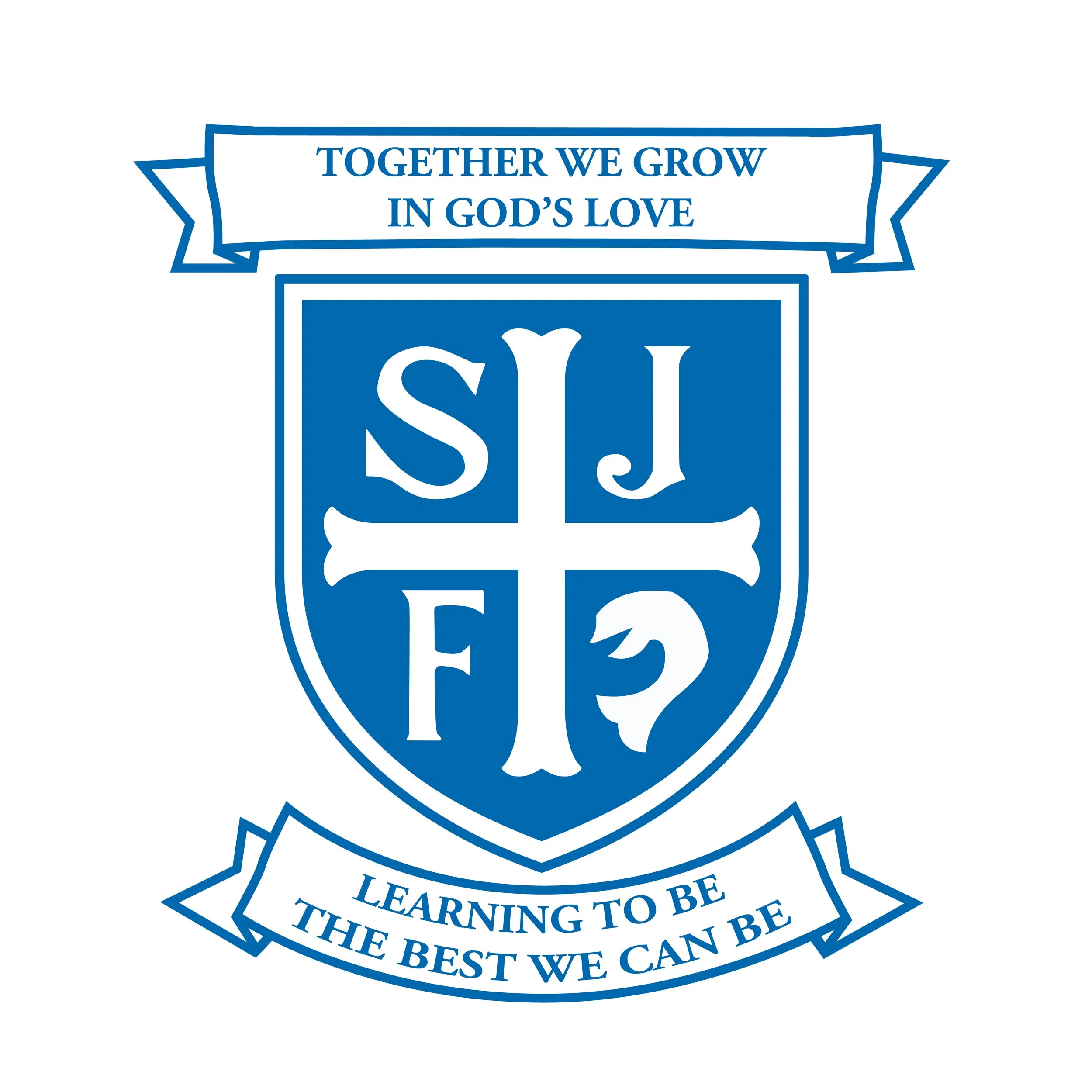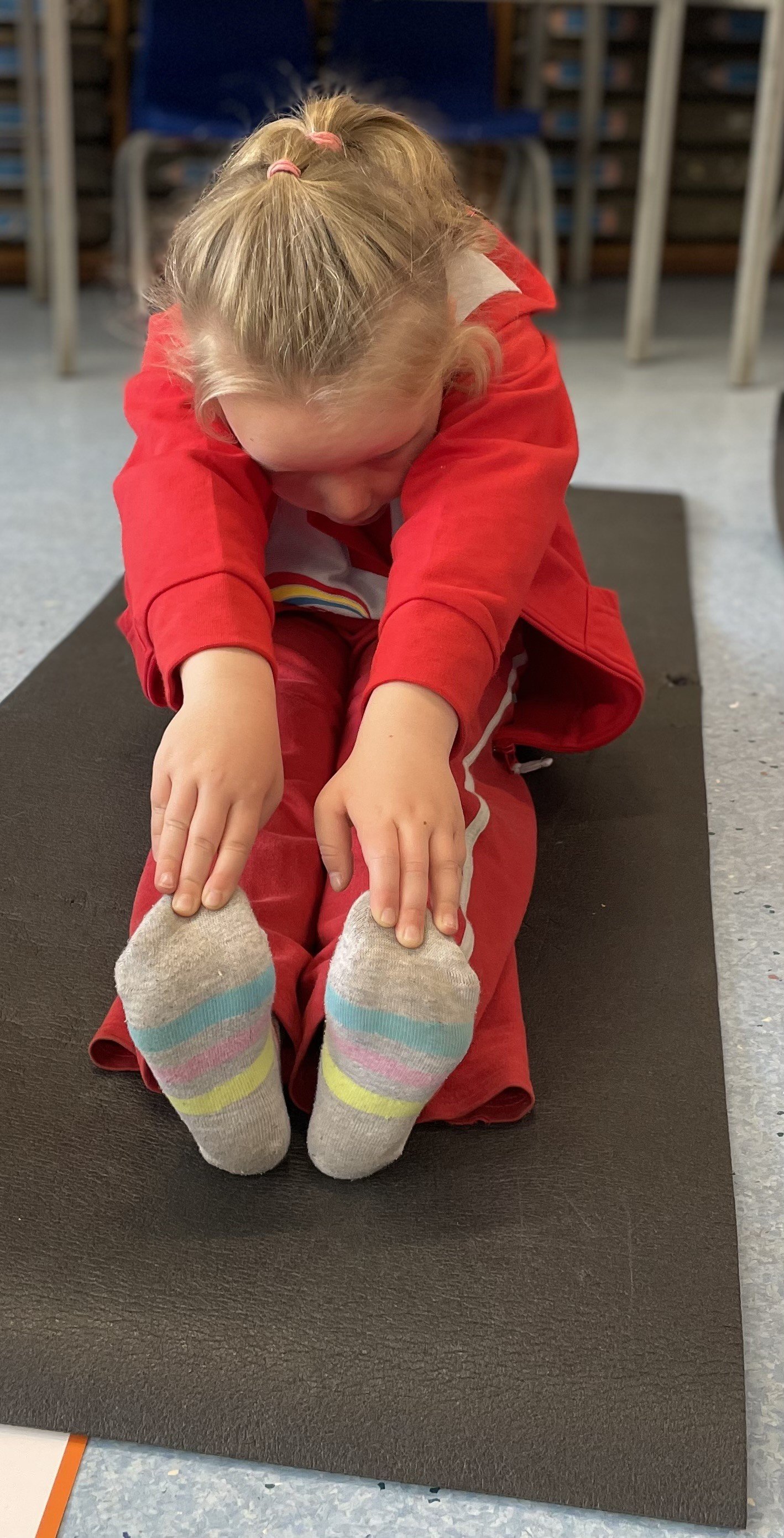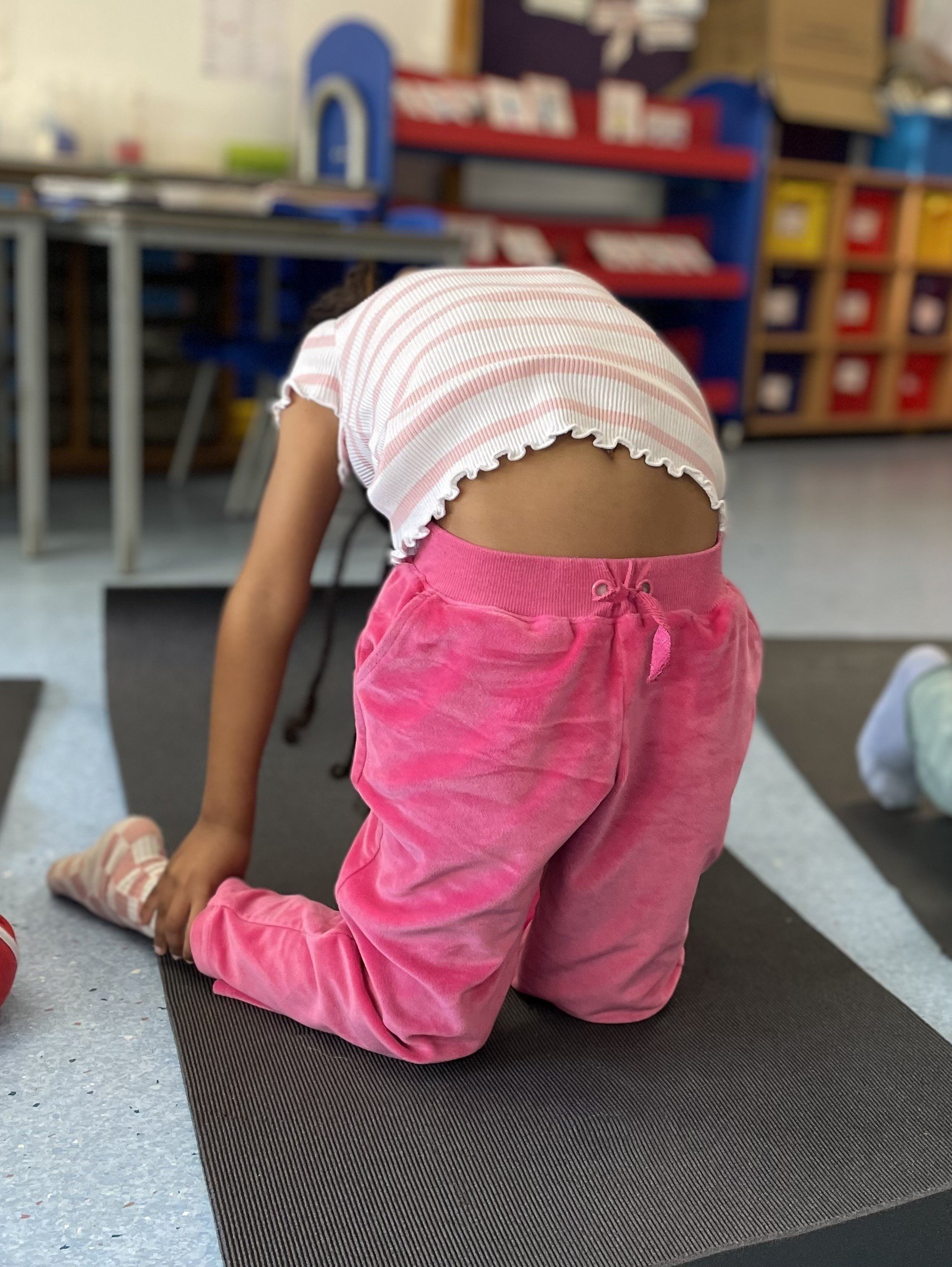 Image 1 of 6
Image 1 of 6

 Image 2 of 6
Image 2 of 6

 Image 3 of 6
Image 3 of 6

 Image 4 of 6
Image 4 of 6

 Image 5 of 6
Image 5 of 6

 Image 6 of 6
Image 6 of 6







Yoga, Movement & Dance - Rec & KS1 - Thursday ASC @ St John Fisher Primary School
11 week course starting 24th April
Term Dates:
24th April
1st 8th May
No class on 15th May
22nd May
Half Term
5th 12th 19th 26th June
3rd 10th 17th July
Cost: £88
LOCATION: St. John Fisher RC Primary School, Grand Drive, West Wimbledon
Yoga, Movement & Dance can help students in many ways:
Physical benefits: Improves flexibility, strength, balance & endurance, all of which enhance the motor skills.
Mental Benefits - Focus and Concentration: Yoga encourages mindfulness and requires concentration, which can help children develop better focus and cognitive skills. These skills are beneficial in academic settings and daily life.
Cognitive Development: Movement-based activities stimulate brain function and can enhance learning, memory, and problem-solving skills. Engaging in these activities from a young age supports cognitive growth.
Emotional Benefits - Stress Relief: Yoga and movement can help children manage stress by providing them with techniques to calm their minds and bodies. This is particularly important in today’s fast-paced world where children are often exposed to various stressors.
Emotional Regulation: Through mindful breathing and relaxation techniques, children learn how to manage their emotions, which can lead to better behaviour and improved social interactions.
Self-Esteem and Confidence: Successfully learning and performing yoga poses or movement routines can boost a child’s self-esteem and confidence. This sense of accomplishment can translate into other areas of their lives.
Social Benefits - Teamwork and Cooperation: Many movement activities involve group work, where children learn to cooperate, share, and support each other. These social skills are crucial for developing positive relationships.
Sense of Community: Participating in yoga classes or movement groups can create a sense of belonging and community, which is important for emotional and social development.
Behavioural Benefits - Improved Discipline: Yoga teaches discipline through structured practice and the repetition of poses. This discipline can carry over into other areas of a child’s life, such as their studies or hobbies.
Better Sleep Patterns: Regular physical activity, including yoga, can help regulate sleep patterns, leading to better quality sleep. Good sleep is essential for growth, health, and learning.
11 week course starting 24th April
Term Dates:
24th April
1st 8th May
No class on 15th May
22nd May
Half Term
5th 12th 19th 26th June
3rd 10th 17th July
Cost: £88
LOCATION: St. John Fisher RC Primary School, Grand Drive, West Wimbledon
Yoga, Movement & Dance can help students in many ways:
Physical benefits: Improves flexibility, strength, balance & endurance, all of which enhance the motor skills.
Mental Benefits - Focus and Concentration: Yoga encourages mindfulness and requires concentration, which can help children develop better focus and cognitive skills. These skills are beneficial in academic settings and daily life.
Cognitive Development: Movement-based activities stimulate brain function and can enhance learning, memory, and problem-solving skills. Engaging in these activities from a young age supports cognitive growth.
Emotional Benefits - Stress Relief: Yoga and movement can help children manage stress by providing them with techniques to calm their minds and bodies. This is particularly important in today’s fast-paced world where children are often exposed to various stressors.
Emotional Regulation: Through mindful breathing and relaxation techniques, children learn how to manage their emotions, which can lead to better behaviour and improved social interactions.
Self-Esteem and Confidence: Successfully learning and performing yoga poses or movement routines can boost a child’s self-esteem and confidence. This sense of accomplishment can translate into other areas of their lives.
Social Benefits - Teamwork and Cooperation: Many movement activities involve group work, where children learn to cooperate, share, and support each other. These social skills are crucial for developing positive relationships.
Sense of Community: Participating in yoga classes or movement groups can create a sense of belonging and community, which is important for emotional and social development.
Behavioural Benefits - Improved Discipline: Yoga teaches discipline through structured practice and the repetition of poses. This discipline can carry over into other areas of a child’s life, such as their studies or hobbies.
Better Sleep Patterns: Regular physical activity, including yoga, can help regulate sleep patterns, leading to better quality sleep. Good sleep is essential for growth, health, and learning.
11 week course starting 24th April
Term Dates:
24th April
1st 8th May
No class on 15th May
22nd May
Half Term
5th 12th 19th 26th June
3rd 10th 17th July
Cost: £88
LOCATION: St. John Fisher RC Primary School, Grand Drive, West Wimbledon
Yoga, Movement & Dance can help students in many ways:
Physical benefits: Improves flexibility, strength, balance & endurance, all of which enhance the motor skills.
Mental Benefits - Focus and Concentration: Yoga encourages mindfulness and requires concentration, which can help children develop better focus and cognitive skills. These skills are beneficial in academic settings and daily life.
Cognitive Development: Movement-based activities stimulate brain function and can enhance learning, memory, and problem-solving skills. Engaging in these activities from a young age supports cognitive growth.
Emotional Benefits - Stress Relief: Yoga and movement can help children manage stress by providing them with techniques to calm their minds and bodies. This is particularly important in today’s fast-paced world where children are often exposed to various stressors.
Emotional Regulation: Through mindful breathing and relaxation techniques, children learn how to manage their emotions, which can lead to better behaviour and improved social interactions.
Self-Esteem and Confidence: Successfully learning and performing yoga poses or movement routines can boost a child’s self-esteem and confidence. This sense of accomplishment can translate into other areas of their lives.
Social Benefits - Teamwork and Cooperation: Many movement activities involve group work, where children learn to cooperate, share, and support each other. These social skills are crucial for developing positive relationships.
Sense of Community: Participating in yoga classes or movement groups can create a sense of belonging and community, which is important for emotional and social development.
Behavioural Benefits - Improved Discipline: Yoga teaches discipline through structured practice and the repetition of poses. This discipline can carry over into other areas of a child’s life, such as their studies or hobbies.
Better Sleep Patterns: Regular physical activity, including yoga, can help regulate sleep patterns, leading to better quality sleep. Good sleep is essential for growth, health, and learning.